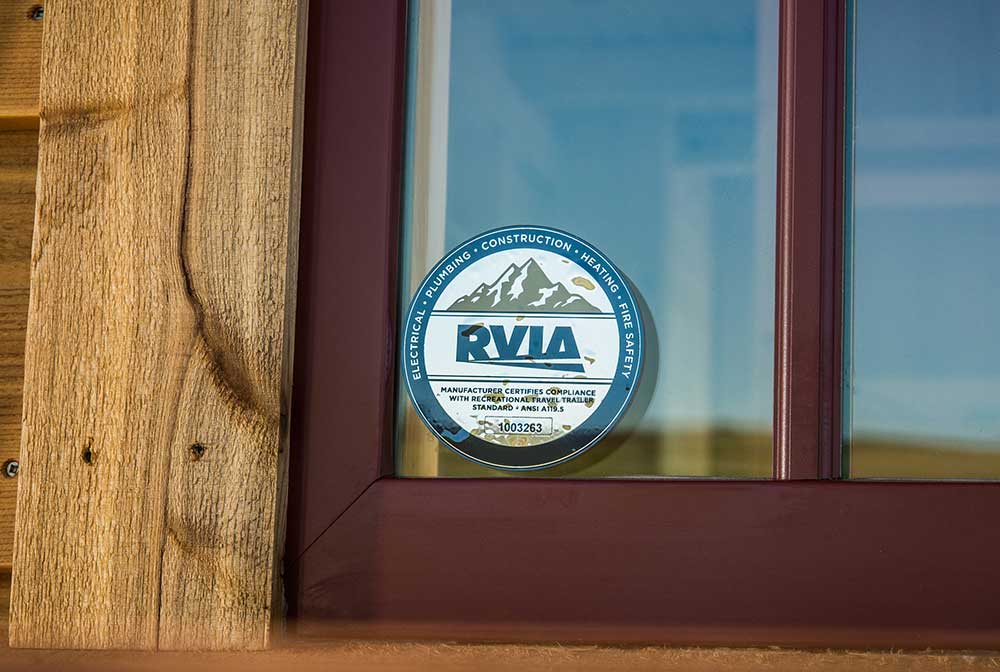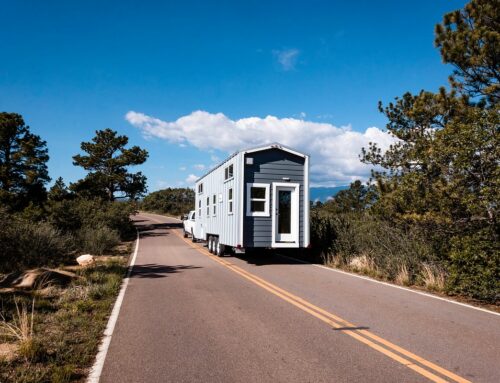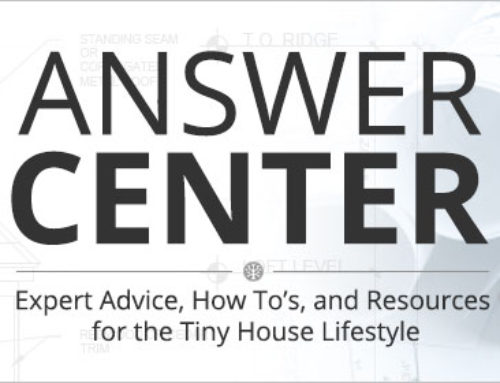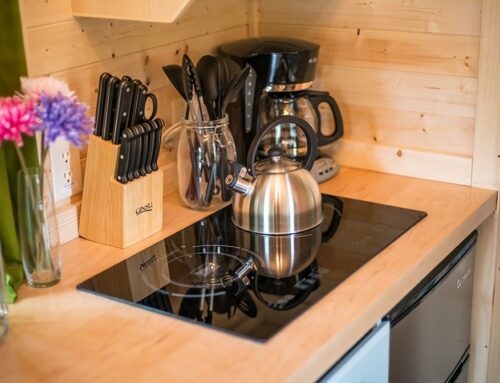RV certification offers many benefits to consumers including the following:
Peace of mind
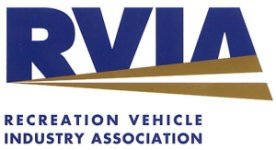 When tiny houses first started popping up, they didn’t fit into building and zoning codes. We solved this issue by becoming the first company to get licensed as an RV manufacturer and turned our Ready-made Tiny Houses into licensed RVs. The RVIA (Recreational Vehicle Industry Association) licenses and certifies RV manufacturers and only licensed manufacturers can produce a certified RV.
When tiny houses first started popping up, they didn’t fit into building and zoning codes. We solved this issue by becoming the first company to get licensed as an RV manufacturer and turned our Ready-made Tiny Houses into licensed RVs. The RVIA (Recreational Vehicle Industry Association) licenses and certifies RV manufacturers and only licensed manufacturers can produce a certified RV.
Safety
To become licensed, a manufacturer must be open to random inspections, adhere to over 500 safety codes and inspect each of its Tiny House RVs to affirm adherence to these codes. These codes cover electric, plumbing, brake lights, heating and fire safety and include safety features. One would expect these safety features to be standard but are often eliminated to save costs by non-certified builders. These include proper fire egress and road worthiness.
Financing
As members of the RVIA and NADA (National Automobile Dealers Association), customers who purchase an RVIA certified Tiny House can obtain financing from a much wider list of lenders including credit unions. The end result is a lower payment for your Tiny House RV.
Insurance
There are more options to insure a Tiny House RV vs a non-certified Tiny House.
Parking
Having an RV Certification can possibly open up more options on where to park your Tiny House RV. Local and state laws support RVs generally and you may be able to place your Tiny House RV in your backyard or property. You will, however, have to research your local municipal or neighborhood RV regulations. Additionally, RV certified Tiny House RVs are welcome at many RV facilities nationwide. These locations, whether parks or campgrounds, offer all necessary and full hookups for water, electricity and septic.
Re-Sale
RV Certification makes it easier to sell your Tiny House RV buy allowing prospective buyers to obtain financing. This is critical since most buyers don’t have $70,000 in cash to spend on a used Tiny House RV. A buyer will also have more confidence in the purchase knowing the Tiny House RV was built to RV code.



